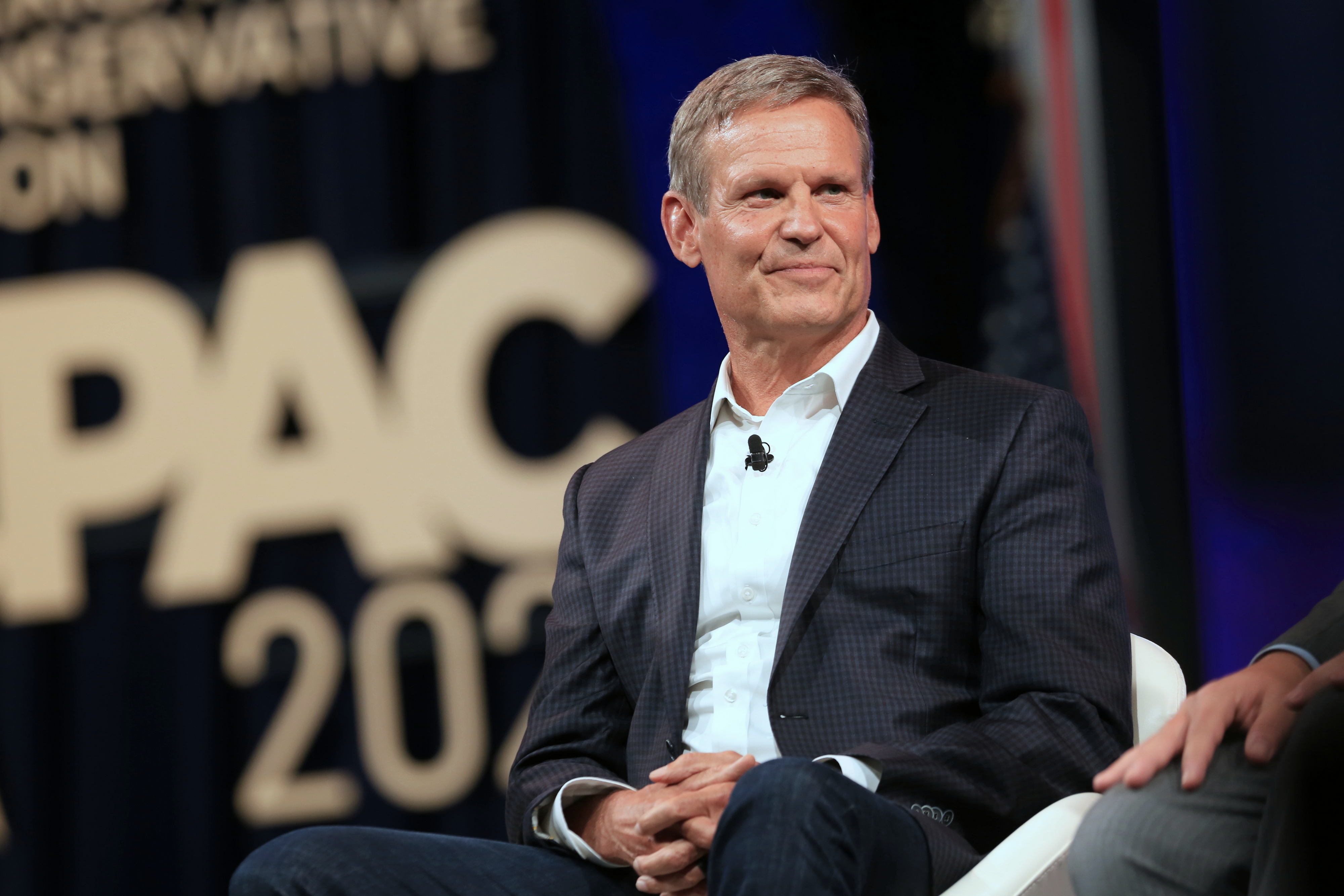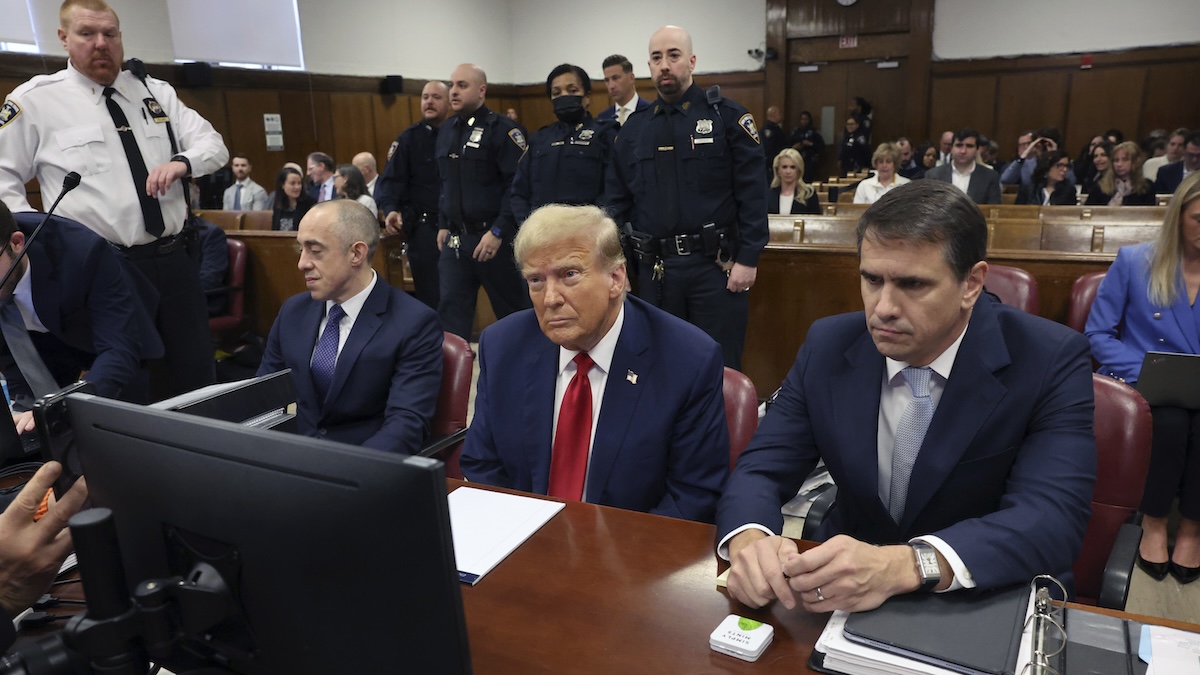A little after 8:45 p.m. on Tuesday, NBC projected that sitting Sen. Barbara Boxer would reclaim her seat, defeating businesswoman Carly Fiorina.
Complete Coverage: Decision 2010
Hundreds of Boxer supporters gathered for a victory party at the Renaissance Hollywood Hotel, where a loud cheer went up when her name was flashed on a giant screen as the projected winner.
Click Here for the Latest Results
The crowd waved yellow "Boxer 2010" and "Viva Boxer" signs while swaying to a salsa band that performed "Victory, Victoria."
Fiorina's campaign did not immediately concede the race, but retired firefighter Randy Burtt, 58, a supporter of Fiorina at her party in Irvine, dropped his head and shook it from side to side when he heard Boxer had won.
He said her re-election would mean "more of the same, more bureaucracy, more government and less in your pocket."
California's Senate race turned largely on the finger-pointing over the state of the economy. Former Hewlett-Packard Co. chief executive Carly Fiorina hoped to capitalize on Californians' sour mood over the slow rate of economic recovery to oust Sen. Barbara Boxer from the Senate seat she has held for 18 years. Boxer, the incumbent, blames the previous Republican administration, and Fiorina, her challenger, said Democratic policies are prolonging the Great Recession.
The momentum Republicans have generated in other races around the country and their attempt to win back the House and Senate added to the drama of the California race. Recent polls show Boxer with a narrow advantage heading into Election Day.
However, California voters have their own agenda.
When Bryce Ashey got up this morning to vote, he only had one message for the candidates.
“Most likely to get California to balance the dang budget,” Ashey said outside his polling place in San Diego. “We’ve got to pay the bills and we’ve got pay them on time. For me, with the economy and everything else, and all the issues going on nowadays with that, it felt really important to get out and actually vote one direction or the other."
Politics
Across the state, turnout was expected to be between 55-65 percent, or 9.5 million people, according to a Field Poll released Tuesday. Twelve of the last 13 gubernatorial elections have had voter turnouts higher than 55 percent, according to the Sacramento Bee.
Fiorina, 56, had to win over most of the state's independents -- who represent about one in five voters -- as well as a fair number of centrist Democrats if she was to pull off the upset. Just 31 percent of the state's voters are registered as Republicans.
From the campaign's opening days, Boxer made it clear she knew this election would be a tough one. Almost all of her campaigns have been difficult, but her three previous Senate races were conducted when she had political tailwinds at her back. The challenges she faced this election were unlike any she's seen before.
Boxer met them by blaming Republicans for today's troubled economy and credits the Democratic Congress and the administration of President Barack Obama for taking actions that she said helped avoid a depression. For example, she credits the $814 billion economic stimulus bill and other federal actions over the past two years for creating or saving thousands of jobs in California.
Boxer is a tenacious, disciplined campaigner. But, in Fiorina, she met an equally confident opponent, who was able to generate support from national groups that have spent millions of dollars independently on her behalf.
Fiorina used every campaign stop to give Boxer a large share of the blame for the state's struggling economy. Her complaints of excessive government regulation and calls to extend the Bush tax cuts for all taxpayers, including the wealthy, endeared her to Tea Partiers and to many in the business community. The U.S Chamber of Commerce has spent more than $4.5 million in its effort to defeat Boxer.
Social conservatives also were behind her.
Fiorina's opposition to abortion and more extensive gun control laws generated support from groups such as National Right to Life and the National Rifle Association. The former chief executive of Hewlett-Packard Co. tried to keep the focus on economic issues, knowing most voters in the state support the right of a woman to have an abortion.
She was knocked off the campaign trail temporarily in the race's final week when she was hospitalized for an infection related to her reconstructive surgery after breast cancer. She sometimes referred to her battle with cancer during the campaign, at one point saying: "After chemotherapy, Barbara Boxer just isn't that scary anymore."



